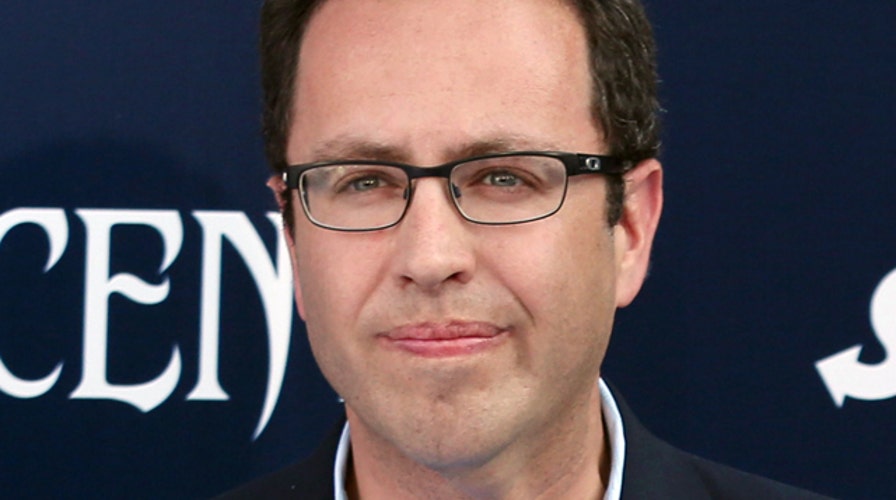FBI raids home of Subway's Jared Fogle in child porn probe
Mike Tobin reports on investigation
For more than 15 years, Jared Fogle was every dieter’s dream packaged between two slices of bread.
The former Indiana University student became Subway’s pitchman in 2000 after losing 245 pounds while eating its sandwiches and exercising.
Fogle’s "eat fresh" marketing campaigns have been some of the industry’s most successful –and allowed him to evolve from fast food shill to nutritional activist with his Jared Foundation that aims to prevent childhood obesity.
Now his days as a Subway spokesman look shaky after the FBI raided Fogle’s Indiana home Tuesday as part of a child porn investigation.
“We are shocked about the news and believe it is related to a prior investigation of a former Jared Foundation employee,” Subway said in a statement. “We are very concerned and will be monitoring the situation closely. We don’t have any more details at this point.”
Two months ago, Russell Taylor, the former executive director of the Jared Foundation, was arrested on federal child pornography charges. The raid resulted in intense speculation and few facts, and it’s unclear what role, if any, Fogle played in this case.
But food fans, some of whom called Fogle a hero, expressed shock and disappointment about "that Subway guy," who, for year after year, won points with consumers for being “relatable” and “real.”
While Tuesday’s news leaves Fogle's future up in the air, it's also too early to know how the case will impact Subway’s image.
Several franchise owners we reached out to either refused to return our calls or told us Subway headquarters has instructed them not to speak to the media regarding this case.
But Emily Balsamo, food industry research analyst at the marketing group Euromonitor International, said the damage won't be lasting-- and noted that Subway had already been distancing itself from Fogle.
“You can’t have the same spokesperson for 15 years,” she said. “Most people don’t assume he’s with the company anymore, and anyway most food scandals are about the food, not a personality.”
Yet, the incident comes at a tough time for the fast food chain as it struggles to meet the demands of younger customers more concerned about organic and natural ingredients. Last month, Subway followed in the footsteps of other food chains that pledged to remove artificial flavors, colors and preservatives from its menu-- but some say Subway is having trouble keeping up with shifting attitudes about what is healthy is.
Subway has over 27,000 restaurants making it the largest fast food chain in the U.S. by the number of outlets. It has seen sales growth of 3 percent from 2013 to 2014, which is outpacing restaurant growth as a whole. But sales growth was slower than any other of America's top 25 fast food chains.
Balsamo says Subway is still relevant because of its ubiquitousness.
“Since the heyday when Jared was speaking, the fast food industry has evolved, but in some rural areas Subway is the healthier option."

